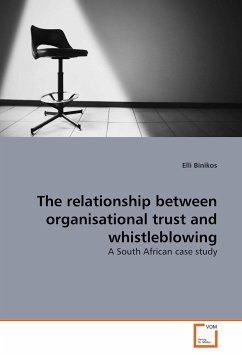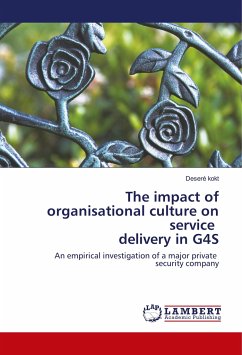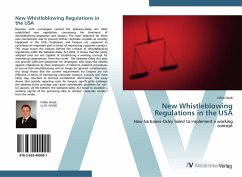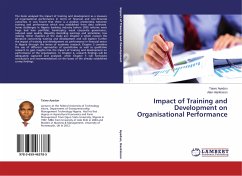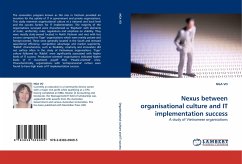Whistleblowing is a form of pro-social behaviour that occurs when a current or former employee reports organisational wrongdoing to any authority that is able to implement corrective action. While models of whistleblowing indicate that a number of social factors may influence an employee's decision to blow the whistle, very little cognisance is given to the role of organisational trust in such situations. Since whistleblowing situations often pose problems for whistleblowers, organisational trust becomes an important facilitator for the decision to blow the whistle. This study explores whether organisational trust is an influencing social factor that may facilitate whistleblowing. Understanding the relationship between the two phenomena may be of benefit for organisations as it provides greater insight into organisational dynamics around wrongdoing. Organisations grappling with organisational wrongdoing may refer to this South African study.
Bitte wählen Sie Ihr Anliegen aus.
Rechnungen
Retourenschein anfordern
Bestellstatus
Storno

